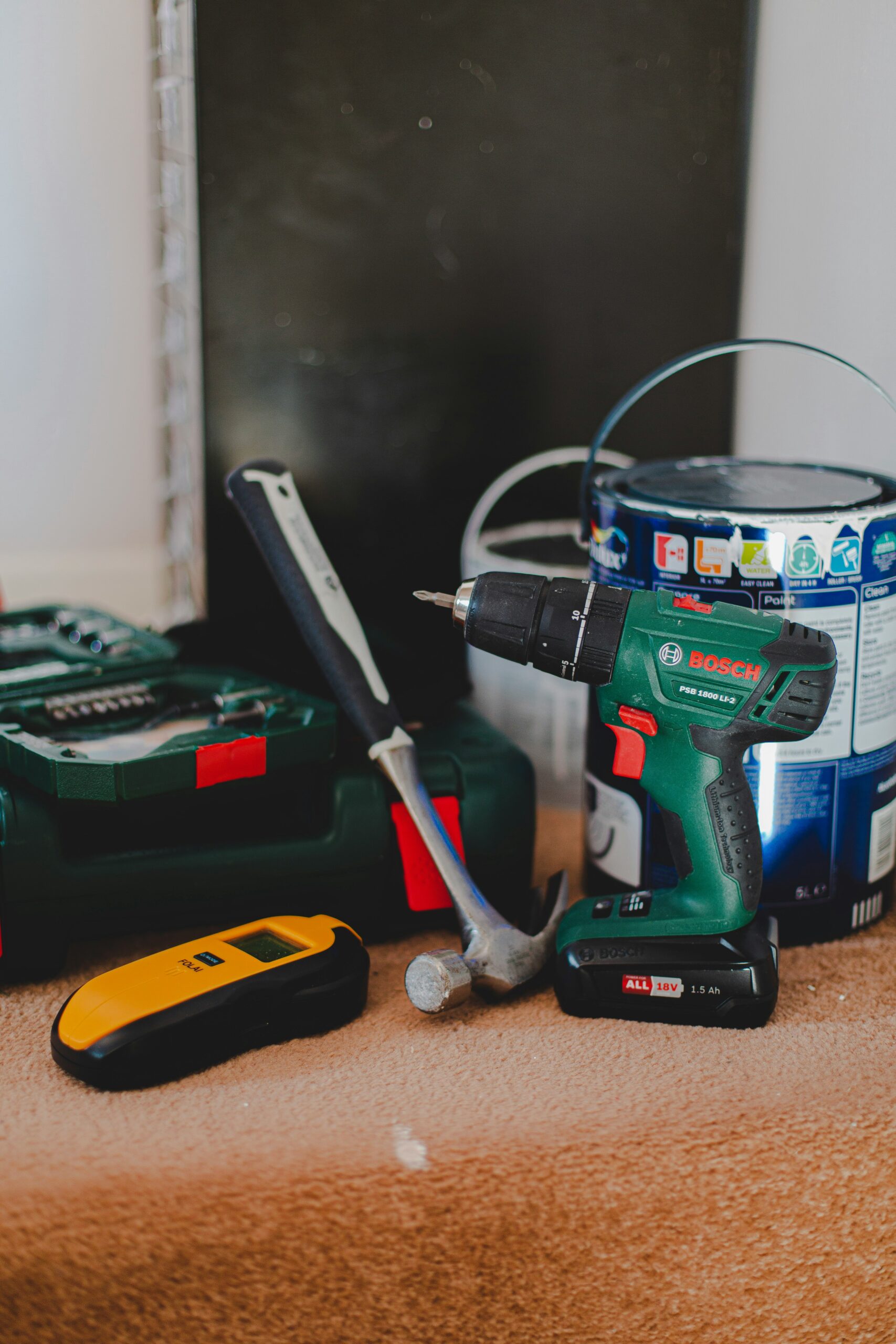The Importance of Home Inspection
When it comes to buying a home, a thorough inspection is crucial. As a real estate broker in Colorado, I have seen firsthand the benefits of a comprehensive home inspection. It provides buyers with valuable information about the condition of the property, helping them make an informed decision.
A home inspection is a visual examination of the structure, systems, and components of a property. It covers everything from the foundation to the roof and everything in between. The inspector looks for any potential issues or safety concerns that could affect the value or livability of the home.
What to Expect During a Home Inspection
During a home inspection, a qualified inspector will thoroughly examine the property. They will assess the condition of the roof, HVAC system, plumbing, electrical system, and more. They will also check for any signs of water damage, mold, or pest infestation.
It’s important for buyers to be present during the inspection. This allows them to ask questions, gain a better understanding of the property, and address any concerns they may have. The inspector will provide a detailed report, outlining their findings and recommendations.
The Benefits of a Pre-Purchase Inspection
A pre-purchase inspection can save buyers from potential headaches and unexpected expenses down the line. Here are some key benefits:
1. Identifying Hidden Issues
A home may look perfect on the surface, but there could be hidden issues that only a trained inspector can uncover. These could include structural problems, faulty wiring, plumbing leaks, or a compromised foundation. Identifying these issues early on can help buyers negotiate repairs or reconsider their purchase.
2. Assessing Safety Concerns
A home inspection also focuses on safety concerns. Inspectors look for potential hazards such as radon, carbon monoxide, or faulty electrical systems. Addressing these issues before buying a home can ensure the safety of you and your family.
3. Budgeting for Repairs
The inspection report provides buyers with an estimated cost of any necessary repairs or maintenance. This information is invaluable when budgeting for future expenses. It allows buyers to plan and prioritize repairs, ensuring they are financially prepared.
4. Negotiating Power
If the inspection reveals significant issues, buyers can use this information to negotiate with the seller. They may request repairs or ask for a price reduction to account for the necessary repairs. This can potentially save buyers thousands of dollars.
Choosing a Qualified Inspector
When it comes to home inspections, it’s essential to choose a qualified and experienced inspector. Here are a few tips to help you find the right one:
1. Check Credentials
Look for an inspector who is licensed, insured, and certified by a reputable organization. This ensures they have the necessary training and expertise to conduct a thorough inspection.
2. Ask for References
Don’t hesitate to ask for references from past clients. A reputable inspector will be happy to provide testimonials or put you in touch with satisfied customers.
3. Consider Experience
Experience matters when it comes to home inspections. Look for an inspector who has been in the industry for several years and has a track record of providing quality inspections.
4. Request Sample Reports
Ask the inspector for a sample report. This will give you an idea of how detailed and comprehensive their reports are. Look for clear explanations, photos, and recommendations.
Conclusion
Before buying a home, it’s essential to have a thorough inspection. A qualified inspector can uncover hidden issues, assess safety concerns, and provide valuable information for negotiation and budgeting. By following the tips mentioned above and choosing a qualified inspector, you can make an informed decision and ensure a smooth home buying process.


